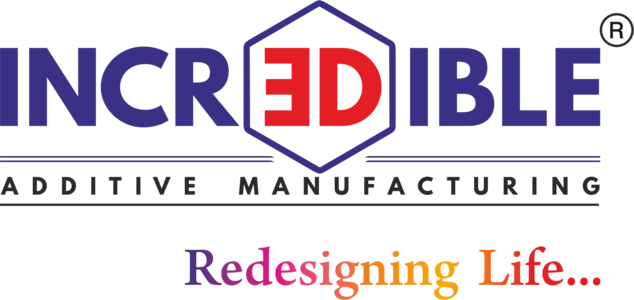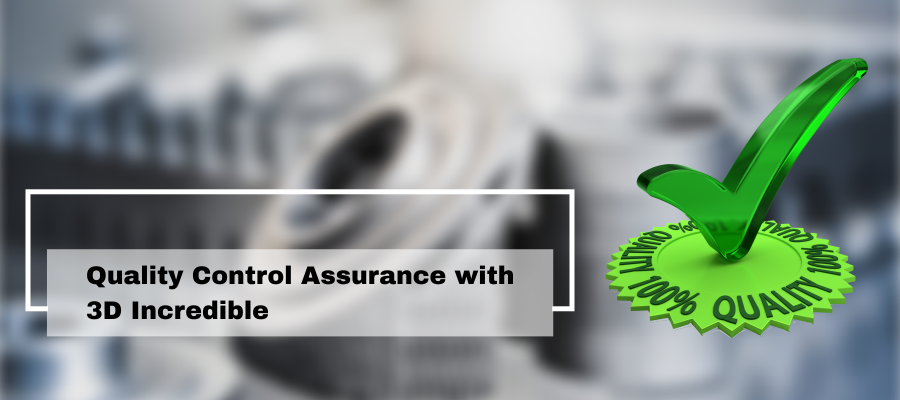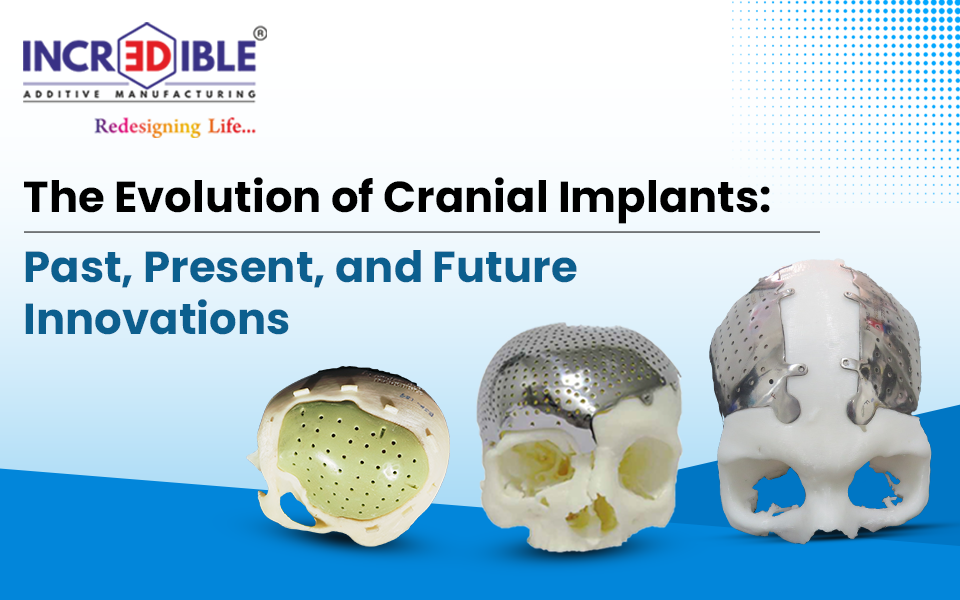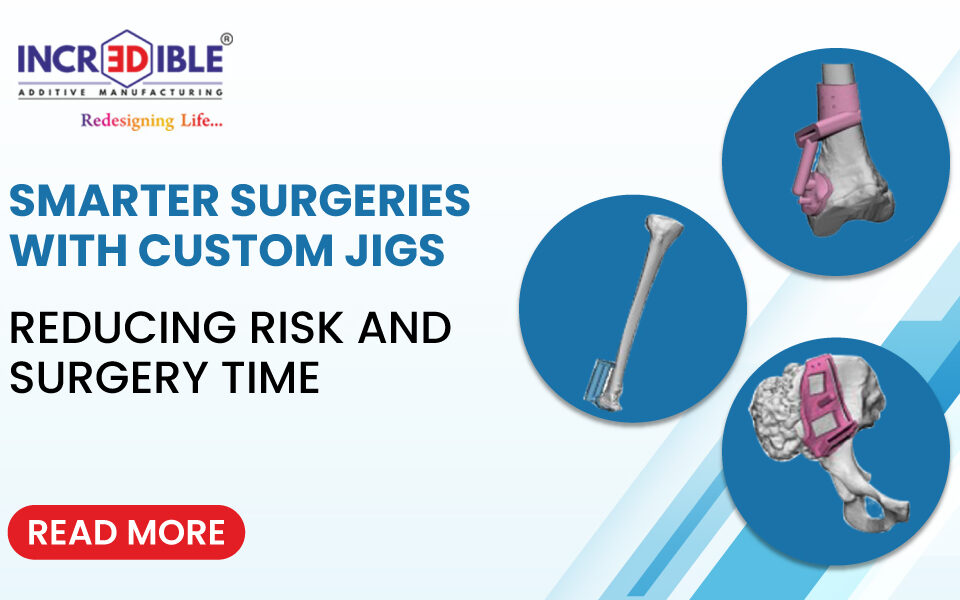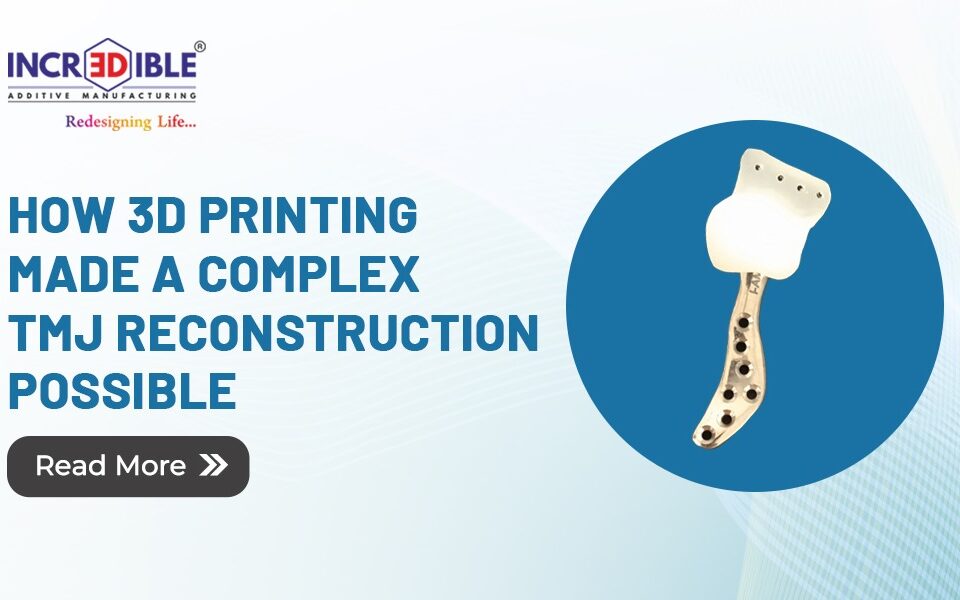Quality Assurance (QA) plays an important role in the development and manufacturing of products and services in the medical device industry, as part of GMPs (Good Manufacturing Practices). It is a responsibility that ensures manufacturers meet the end-user needs in terms of safety, quality, efficacy, strength, reliability and durability and also to meet the compliance of industry regulations, statutes, laws and guidelines.
Incredible AM Pvt. Ltd., also known as 3D incredible, is the leading metal 3D Printing Company which makes 3D printed implants for patients. It conducts a variety of tests to meet the standard quality requirements of ISO 13485 which is world’s best and exhaustive quality standard. All the medical products offered by 3D Incredible undergo extensive tests before reaching to the customers.
Here is the list of Tests Conducted by 3D Incredible:
- Tensile Testing: This is the first testing that is conducted as per the method ASTME8 standard. Tensile testing is one of the most fundamental and common types of mechanical testing. A tensile test applies a tensile force to a material and measures the specimen’s response to the stress. A tensile test determines how strong a material is and how much it can elongate. Flaws in implants can prove dangerous to the patients and tensile testing can greatly reduce this danger by determining the engineering stress and other properties of the material or implant.
- Bioburden Test: Producing safe products is the ultimate goal of all medical device manufacturers and sterility assurance is a key component in achieving that goal. Instances such as sterility failures, regulatory intervention, and raw material contamination can threaten patient safety. The FDA and other regulatory bodies require the sterilization process to be validated. These validations typically require bioburden and sterility tests to be performed. These testing are also performed on devices as part of routine quality control.Bioburden testing detects the total number of viable microorganisms – such as bacteria, yeasts, and molds – on an implant before sterilization. However, before performing this test, a suitability test is performed to ensure that the bioburden test method is effective in recovering microorganisms that are present on the implant. Bioburden test is conducted as per ISO 11737-1:2006 (E) guidelines.
- Chemical Analysis Test: Chemical analysis test is conducted for a wide range of purposes, from material identification and characterization to quality control monitoring. Testing and analysis of different chemicals is vital for regulatory compliance and to understand the quality and composition of chemical substances and materials that are used in products, industrial processes and manufacturing.
- Density Measurement Test: Measurement of density is an important quality parameter of both raw materials and finished products. A variation in raw material, indicated by a change in the density, may have a detrimental outcome on the functioning or quality of the final product.Density measurement of 3D metal printed implant is very much essential to compliance standards of ISO 13485. At 3D Incredible we measure density of every implant to make sure safety of the implant and patient.
- Stability Test: The sole purpose of doing stability testing is to provide evidence on how the quality of an implant varies with time under the influence of a variety of factors such as temperature, humidity, and light. Testing of those attributes of the active substance that are susceptible to change during storage and are likely to influence the quality, safety, or efficacy are included in the stability studies.
- Biological Evaluation Test: Biological evaluation is a must for all devices with direct or indirect contact with the patient. Any medical device or material that comes in contact with the patient’s body is expected to perform its intended functions without resulting in any adverse effect on a patient. Biological evaluation and biocompatibility testing of implants are very important to protect patients from potential biological risks. The biological evaluation test conducted by 3D Incredible is as per ISO 10993 standard, which is a mandatory regulation.
Along with the above tests mentioned, 3D Incredible also implements certain test standards for quality validation. Our work complies with the ISO 13485:2016 and patient-specific implant protocol. We have conducted validation/ calibration of required equipment and instruments.
- All implants and other products traceability is maintained throughout production.
- Primary and secondary packing has been used as per regulatory requirements.
- 3D Incredible conduct Dimensional Accuracy, surface quality inspection for in-process and final inspection of each medical implant.
- We conduct validation/ calibration of equipment on the schedule through a NABL accredited laboratory to ensure that the product is produced as per standard requirements.
To help organizations ensure that we meet the needs of customers and other stakeholders, we have ISO 9001 certification which reflects standard of quality management systems while meeting different requirements related to a product or service. The company also holds ISO 13485 certification which represents comprehensive quality management system for the design and manufacturing of medical devices.
With all the certifications and quality tests, 3D Incredible also boasts of world-class infrastructure. The plant layout has been approved by the FDA. The design software used by 3D Incredible is US FDA & CE certified. We also have best-in-class AM400 machines with a build platform of 250x250x300mm.
Conclusion:
With the growing demand for 3D technology, 3D Incredible recognizes the transformative potential of 3D printing in medical industry and thus provides all the facilities that inspire many to utilize 3D printing technology. 3D Incredible continues to renew the processes with a sole aim to make the world better and healthier.
